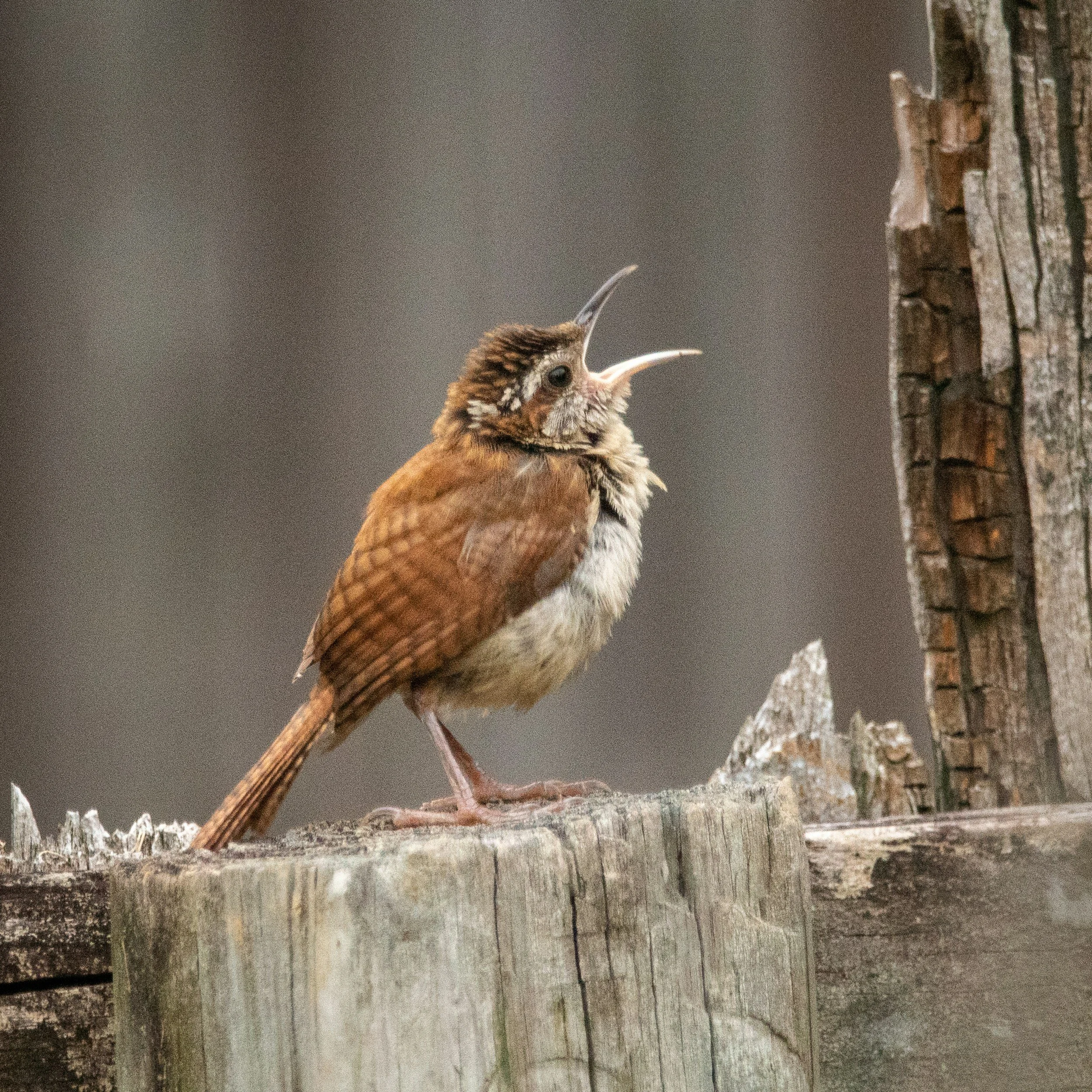Waiting in the wind
Sometimes life carries us into a space where nothing feels steady. The ground beneath us seems to shift, the paths we once knew no longer guide us, and the versions of ourselves we have relied on no longer fit. We are caught between who we were and who we are becoming, suspended in that in-between place where fear, exhaustion, and possibility swirl together.
It is a place that asks us to wait without rushing, to breathe without resisting, and to trust without seeing the landing. I have been in that space, and I know what it feels like to be carried by the wind, unsure where you will land, unsure what parts of yourself will remain when you do. It is a place of both vulnerability and quiet power, of sorrow and awakening.
Waiting in the wind
I wait in this place of realisation.
A tear lingers on my cheek, witness to the pain of hiding, the pain of performing, the ache of feeling both too much and not enough.
I have been too nice, too outspoken, too direct.
I have shapeshifted into many versions of myself, each one a survival, each one a shield.
I am scared of my power.
I am lonely in it.
I do not yet know the way back to myself.
The safety nets that once held me, keeping me from falling, keeping me breathing, keeping me safe, have loosened. Now the wind carries me. And I wait to land somewhere grounded, somewhere whole.
I wait.
I breathe.
I allow myself to feel the exhaustion of this in between. I allow myself to sit with it.
And in this waiting, I realise: I am not lost.
I am transforming.
I am shedding what I no longer need so that the full, unshakable me can take root.
Here, in this pause, I honor the courage it took to survive and the courage it takes to let go.
Here, I rest in the wind and trust the landing will come.
For anyone else navigating that space between who you were and who you’re becoming, it’s okay to wait. It’s okay to feel the uncertainty, the fear, the exhaustion. It’s okay to just breathe and let yourself sit with it. The wind may carry you, but it is also teaching you. And eventually, you will land, steadier, stronger, and more whole than before.
If you could see
A Reflection on Worth and Visibility
Sometimes, we fail to see the value in ourselves. We dim our light, quiet our spark, and give pieces of ourselves away, believing we are less than we are.
This poem grew from my work as a therapist and from what I so often witness in others, the strength, courage, and quiet wisdom that can go unseen, even by the person who carries it. It is a reminder that even when self-doubt whispers otherwise, your presence, insight, and contributions matter deeply.
If You Could See
You paint the air with colours bright
yet hide your canvas out of sight
You give away your crown, your flame
then tell yourself you are not the same
But I have seen the light you throw
the way you make the small things grow
the spark that flickers in your eyes
the truth you hold, the quiet wise
If you could see the view I see
you would wear your heart more fearlessly
You would keep your colours, let them stay
and never give yourself away
This poem is for anyone who feels unimportant, overlooked, or like their contributions do not matter. My hope is that it reminds you of your inherent worth and that the world, even if you cannot always see it yourself, is brighter because you are in it.
In counselling, one of the most powerful things I can do is witness someone fully, reflecting back their strengths, courage, and value. Sometimes we just need someone to see us so that we can begin to see ourselves.
As you read, I invite you to pause and ask: What light do I carry that I might not always see?
Remembering Songbird
Remembering Songbird
There are people we meet who stay with us, not because their time was long but because their presence was unforgettable. Songbird was one of those people.
He once described himself as a songbird, and that image has never left me. It captured both his fragility and his strength, the rare quality of a voice that could carry sorrow and beauty in the same breath.
After his passing, I found myself writing. The words came out as a poem, a way of honouring his life and the gift of his song. His story was not easy, and his melody was not always simple to hear, yet within it there was truth, honesty, and a quiet courage.
I had hoped to show him that life could be good, that his story could stretch further. But his song was his own, and perhaps the most I could do was listen. And so I listened, to his pain, his hopes, his doubts, his laughter. I listened for the meaning between the words.
Though his voice has fallen silent, the echo remains. Some songs are brief, but never wasted. For those who loved him most, I hope they know that his song carried, that it mattered, and that it will not be forgotten.
And for me, he will always be Songbird.
Songbird
Songbird came
and sang his beautiful song.
A song that was difficult
to sing along.
His tune held many verses
of a life filled with pain and hurt.
He had good rhymes to sing, of course,
yet this failed to ease his remorse.
You see, the songbird’s song
was short and fast.
He was not sure
if he could make it last.
I hoped I could show him
that life was good.
But he knew something
I never could.
That the song he sang
was the gift he gave,
a song that I was never
meant to save.
He sang a wonderful lament
with great feeling.
I listened to his song
and its meaning.
And the pain that is left
after his song is gone
is of a song
that was difficult
to sing along.



